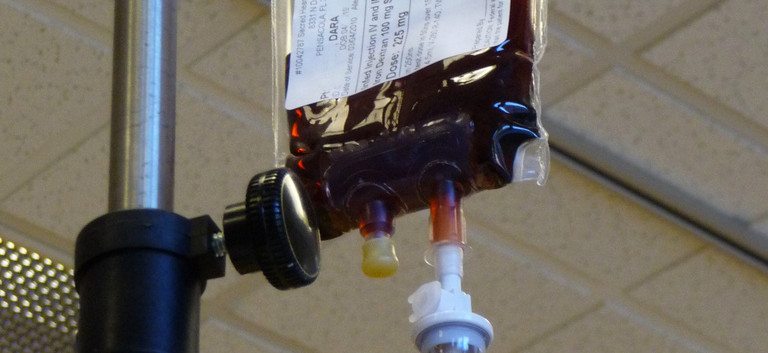Warwick Prof: cancer is the “best” death
Warwick professor Dr Richard Smith faces heavy criticism for comments he made last month, claiming that death from cancer was the best form of death and as such, there should not be as much money invested into it.
Smith, ex-editor of the British Medical Journal (BMJ), and chair of the board of Patients Know Best, a social enterprise that puts patients in charge of their medical records, wrote in a BMJ blog last month that having time to come to terms with your situation and to end your life with closure is preferred over treatment that has the effect of keeping you at bay, without any resolution until death.
He argued that the amount of money that we invest into treating cancer patients is simply leading to a “more horrible” death, and could be better invested elsewhere.
The example Smith referred to was of filmmaker Luis Buñuel’s passing from cancer in 1983, of which Buñuel stated: “I prefer a slower death, one that’s expected, that will let me revisit my life for a last goodbye.”
There are four ways to die, according to Dr Smith: “sudden death; the long, slow death of dementia; the up and down death of organ failure, where it’s hard to identify the final going down, tempting doctors to go on treating too long; and death from cancer, where you may bang along for a long time but go down usually in weeks.”
He added: “suicide, assisted or otherwise, is a fifth, but I’m leaving that on one side for now.”
Smith argued that, although most people choose sudden death, this can be more difficult for family and friends to come to terms with, especially if you die without time to straighten out finances and mend any important relationships.
I prefer a slower death, one that’s expected, that will let me revisit my life for a last goodbye.
Luis Buñuel
He highlighted that cancer is treated but not necessarily cured, cautioning us to “stay away from overambitious oncologists”.
The publication of Smith’s provocative blog has sparked controversy on the internet and social media.
Elaine Schattner wrote an article for business website Forbes titled “Why yes, we should treat cancer”, arguing that Smith’s conclusions on this basis deny progress in oncology that have been made in the last two decades.
Deaths from cancer have seen a significant fall since 1980, according to statistics released in December by the American Cancer Society. The article said that the notion that it is best to leave cancer untreated is “cruelty disguised as kindness”.
The article also cited that numerous cancer survivors have gone on to work, or to start a family, or to function in a productive capacity for a meaningful period of time as a result of their treatment.
Janet Freeman-Daily, a metastic lung cancer patient who writes for blog Gray Connections, also responded to Smith’s claims, stating that the reality of death from cancer is far from the doctor’s “romantic” vision:
“Death by cancer happens when tumors cut off your air supply, compress your heart so it can’t beat properly, block your gut so you can’t eat, cause organ failure, erode your bones, press on nerves, or destroy bits of your brain so you can’t control your body or think properly. Sound painful?
“Without pain medication — sometimes even WITH morphine and whisky — it is.”
Many complaints by family members and cancer survivors were also made on social media, who disagreed that cancer gave the patients’ families the best chance to achieve closure.
The University has distanced itself from Smith’s views, emphasising that “as a university, Warwick has frequently stressed the importance of continued investment in cancer research.”

Comments